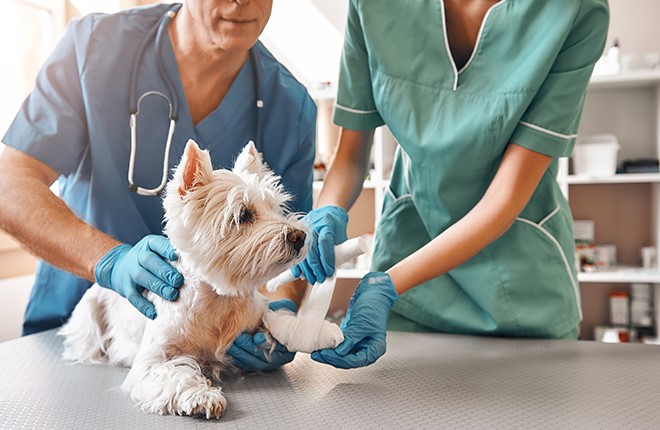
In June 2021, a vet in Kaohsiung wrongly removed a female dog’s pancreas during neutering, which caused the death of the dog. Its owner went to the hospital for an explanation and recorded the irresponsible response from the vet. Yet, the vet’s license was only suspended for one year. A few days later, the Veterinarian Law was amended at the Taiwan legislature.
This amendment has no direct connections to the above-mentioned case, but it has reflected the loopholes in the pet veterinarian industry. The number of pets exceeds the number of minors under 15. There are around 1600 animal hospitals in Taiwan, but the lack of regulations has led to untransparent procedures, medical conflicts and unjudgeable mistakes. A good example is the fact that the vet was suspended for only one year even with solid evidence on wrongly removing a dog’s pancreas. Pet owners and the public were disappointed with the punishment.
It is rare that lawmakers call for an amendment on an existing legislation so swiftly. This implies that enhancing medical rights of animals is now a trend. A total of 7 lawmakers proposed amendments, especially on the section of “Setting up Vet Assistants”. Under the current legislation, only vets and veterinary aides can carry out medical treatments. Indeed, many animal hospitals hire professional caretakers. Although they are not veterinary graduates, they can help in injections and medications. They can also provide loving care to dogs and cats at the hospital. However, they do not have any legal protection against lawsuits.
The amendment on section 30 included “Animal Medical Assistant”, which legally authorises caretakers to provide medical services under the supervision of vets. The long-lasting problem is finally solved. The detailed implementation of this amendment will be set up by the Bureau of Animal and Plant Health Inspection and Quarantine, which is scheduled to be published six months later.
Pet owners are interested in the amendment on section 11. Under the amendment, vets are required to provide medical reports, scan images and other relevant documentation. This helps clarifying the responsibilities when conflicts occur. This is also convenient to pets and their owners for referrals.
The amendments on sections 28 and 31 are co-related. Section 28 prohibits the leasing of vet certificates and licenses. Violators shall be liable to a fine of TWD 100,000 to 500,000. Violators against section 31 shall be liable to a fine of TWD 10,000 to 50,000 for professing the qualifications of vets.
Animal lovers are disappointed with the fact that the amendments failed to punish vets for their medical mistakes. For human medical services, there is a series of legislation to regulate the behaviours of doctors, levels of hospitals and standards on equipment. For animals, only Veterinary Law can provide regulations, which is not enough to provide all-rounded protection. The government should consider a new separate law, namely Animal Medical Law, to explicitly regulate the behaviours of vets, so as to protect the rights of animals and their owners.
